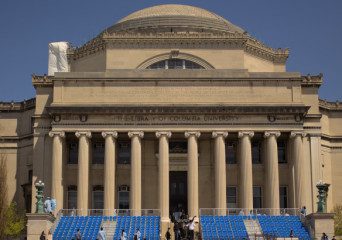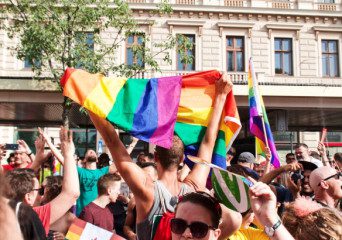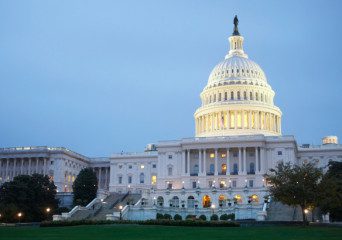
Table Of Contents
Columbia University Faces Immense Public Pressure Due to Public Protests
Columbia University has had an unpleasant experience handling the part after the protests for Palestine at the university. The officials of the university have been in a series of talks with protesting students who occupied buildings to demonstrate against Israel’s operations in Gaza.
The demonstrations have also generated significant concern with some Jewish organizations regarding protestors as antisemitic and inciting violence on campus. Outside groups, particularly donors, have called the university into answer for it to act on the protesters, with others threatening to freeze their contributions if the administration does not curb the protestation.
Efforts made by the university to attempt negotiations to meet the demands of the students have failed, which led the administration to suspend any students who are still engaged in the act of not removing the camp. For certain practical reasons, the university has promised to suspend any student who has not complied with the set date to make this change and thus cannot successfully finish the semester in good standing.
This has led Columbia to the tightrope between fulfilling free speech and liberal political expression while providing a safe and inclusive campus atmosphere for every learner. The university’s president, Nemat Minouche Shafik, said that the encampment is still very irritating and has made many Jewish students and faculty uncomfortable and distracted from their academic activities.
In the struggle as it develops, Columbia is confronted with the problem of managing the power relations and other social issues that were stirred by the pro-Palestinian demonstrations. It will also be valuable to observe how the university can overcome this issue and sustain its working relationships with the donors to measure socially the future consequences of this conflict in the organization.
Read Also:






